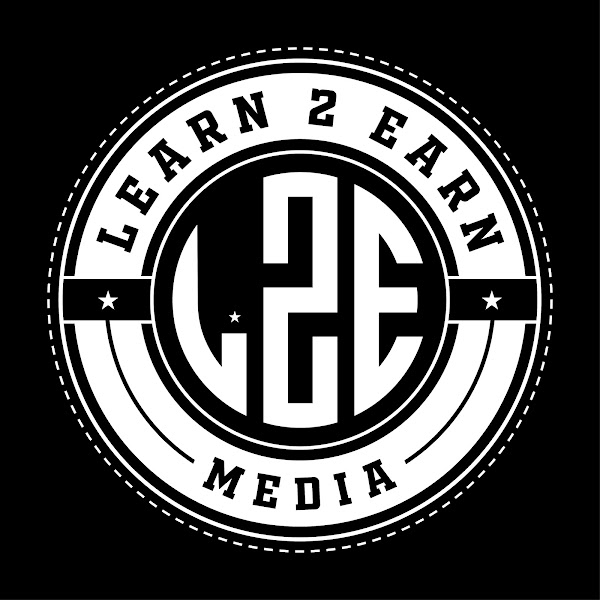When you're just starting with content creation, it can feel overwhelming to come up with fresh ideas that will capture your audience's attention and help you rank high in search engines. However, with a bit of strategy and creativity, you can create engaging content that resonates with your audience and boosts your online presence. Here are some content creation ideas for beginners that can help you get started.
1. How-To Guides and Tutorials
People love step-by-step instructions, especially when they’re trying to learn something new. How-to guides and tutorials are excellent ways to share your expertise while providing value to your audience. Whether it’s a simple recipe, a DIY project, or a tech-related tutorial, make sure your guide is clear, concise, and easy to follow.
SEO Tip: Use long-tail keywords like “How to start a blog for beginners” or “Step-by-step guide to…” to target specific search queries.
2. Listicles
Listicles, or list-based articles, are popular because they’re easy to read and digest. Think of topics like “Top 10 Productivity Tips” or “5 Essential Tools for Content Creators.” Listicles allow you to present information in a structured format that’s engaging and informative.
SEO Tip: Incorporate numbers in your titles and use keyword-rich subheadings for each item on your list.
3. Personal Stories and Experiences
Sharing personal stories or experiences can create a strong connection with your audience. People love authenticity, and telling your own story can make your content relatable and memorable. For example, if you’ve faced challenges in your niche, write about how you overcame them.
SEO Tip: Use keywords that reflect your story, such as “My journey as a first-time content creator,” while keeping the tone personal and relatable.
4. Interviews with Experts
Interviews are a great way to provide valuable insights to your audience. Reach out to experts in your niche and ask them to share their knowledge. This not only adds credibility to your content but also gives you fresh perspectives and ideas.
SEO Tip: Use the names of the experts and relevant keywords in your title and throughout the content to attract more search traffic.
5. Product Reviews and Comparisons
If you’re in a niche that involves products or services, consider writing reviews or comparison posts. Honest reviews can help your audience make informed decisions, and comparison posts (e.g., “Product A vs. Product B”) can highlight the pros and cons of different options.
SEO Tip: Focus on niche-specific products and use keywords like “Best [product] for [purpose]” or “[Product A] vs. [Product B] comparison.”
6. Content Roundups
Content roundups are posts that compile a list of resources, tips, or articles from various sources. For example, you could create a weekly roundup of the best blog posts in your niche or a list of useful tools for content creators.
SEO Tip: Target keywords like “Best of [month] in [niche]” or “Top [niche] resources.”
7. Beginner’s Guides
As a beginner, you’re in a unique position to create content that speaks directly to other beginners. Share what you’ve learned so far and create beginner’s guides that break down complex topics into simple, easy-to-understand steps.
SEO Tip: Use phrases like “Beginner’s guide to…” and focus on answering common questions that new content creators might have.
8. Infographics
Visual content like infographics is highly shareable and can help you convey information quickly and effectively. Even if you’re not a designer, tools like Canva or Piktochart can help you create eye-catching infographics that illustrate key points from your blog posts or tutorials.
SEO Tip: Optimize your infographics by including alt text and using relevant keywords in the file name and description.
9. Case Studies
Case studies provide real-life examples of how you or someone else achieved a specific result. Whether it’s about growing an audience, increasing sales, or mastering a new skill, case studies offer valuable insights that your readers can apply to their own situations.
SEO Tip: Use data-driven keywords like “Case study on [topic]” or “How [person/company] achieved [result].”
10. Frequently Asked Questions (FAQs)
FAQs are a great way to address common queries in your niche. Compile a list of questions that your audience frequently asks and provide detailed answers. This not only positions you as an expert but also helps you rank for question-based searches.
SEO Tip: Format your content in a Q&A style and include question-based keywords like “What is…” or “How does…”
Conclusion
Content creation doesn’t have to be complicated, even if you’re just starting out. By focusing on providing value, staying authentic, and optimizing your content for search engines, you can build a solid foundation that will help you grow your audience over time. Experiment with these content creation ideas and see which ones resonate most with your audience. Happy creating!



No comments:
Post a Comment